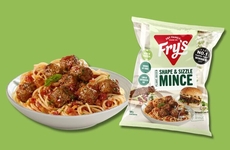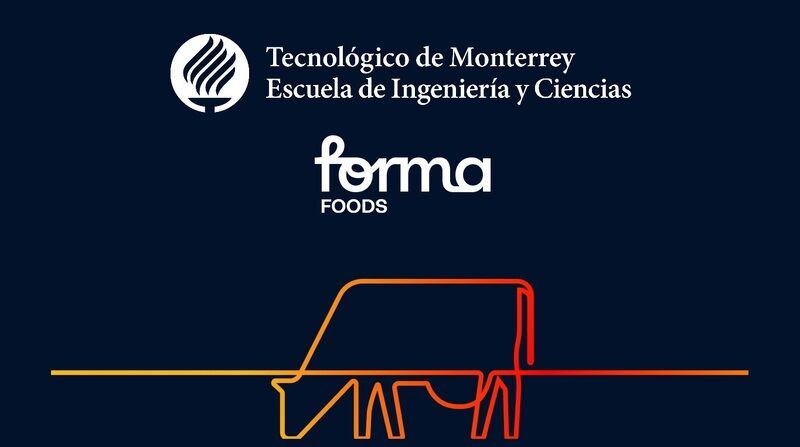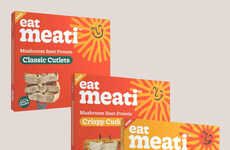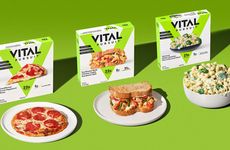
Forma Foods Offers an Innovative Alternative to Meat Production
References: formafoods & newswire
Forma Foods is a Mexican startup that is pioneering the development of plant-based 3D-printed meat. Utilizing a patented 'chaotic printing' technology, the company replicates not only the muscle tissue of meat but also the fat and connective tissues. This results in a product that closely resembles real meat in both texture and taste. Forma Foods' products cater to a growing demand for sustainable, ethical, and health-conscious food choices.
The company, founded by researchers from Tec de Monterrey, has shifted from lab-grown meat to plant-based alternatives due to cost efficiency and scalability. Ingredients such as pea protein and coconut oil are used to mimic the various components of meat, providing an option that could appeal not only to vegans but also to those seeking to reduce their meat intake for environmental or health reasons. Forma Foods' products are designed to replicate popular Mexican dishes, as well. This helps the company to enhance its appeal in local markets.
Image Credit: Forma Foods
The company, founded by researchers from Tec de Monterrey, has shifted from lab-grown meat to plant-based alternatives due to cost efficiency and scalability. Ingredients such as pea protein and coconut oil are used to mimic the various components of meat, providing an option that could appeal not only to vegans but also to those seeking to reduce their meat intake for environmental or health reasons. Forma Foods' products are designed to replicate popular Mexican dishes, as well. This helps the company to enhance its appeal in local markets.
Image Credit: Forma Foods
Trend Themes
1. Chaotic-printing Technology - Forma Foods' patented chaotic-printing technology offers precise replication of muscle, fat, and connective tissues in plant-based meat alternatives.
2. Sustainable Meat Alternatives - Innovative plant-based meat products cater to the growing consumer demand for environmentally sustainable and ethically produced food options.
3. Localized Cuisine Replication - Developing plant-based meat that replicates popular local dishes enhances product appeal in specific regional markets, responding to cultural preferences.
Industry Implications
1. Food Technology - Advancements in 3D printing technology for food production open new doors for creating complex, textured plant-based meats.
2. Alternative Protein - The shift towards plant-based meat products reflects a growing trend in the search for alternative protein sources that are cost-effective and scalable.
3. Sustainable Food Production - Businesses focusing on reducing the environmental impact of food production may benefit from innovations in plant-based meat alternatives.
7.4
Score
Popularity
Activity
Freshness























